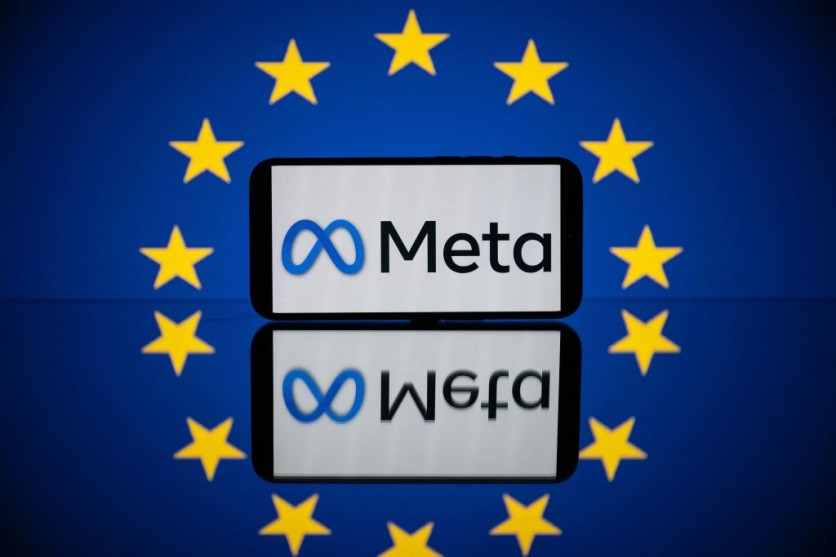The European Commission's preliminary investigation has determined that Meta's "pay or consent" offer to Facebook and Instagram users in Europe does not comply with the Digital Markets Act (DMA). The Commission stated that Meta's approach forces users to consent to data combination or pay for a subscription, without offering a free, less-personalized alternative.
The DMA, which has been in effect for "gatekeepers" like Meta since March, imposes strict regulations to ensure fair market competition, per TechCrunch. Non-compliance could result in fines up to 10% of global annual turnover, and 20% for repeat offenses. Meta might also be compelled to revise its business model, which relies on user data for targeted advertising.
Privacy and consumer protection groups have argued against Meta's model, claiming it does not align with EU data protection or consumer protection rules. The Commission has echoed these concerns, stating that Meta's binary choice does not offer a genuine alternative for users who opt out of tracking.
Safeguarding Users' Data
Meta's response to the Commission's findings referenced a previous EU court judgment, asserting that their subscription model complies with the DMA. However, the Commission officials emphasized that any fee must be justified and that Meta has not offered a free, contextual advertising option that does not rely on personal data.
The EU aims to enforce a requirement that users who refuse tracking should still have access to a free, equivalent service. The investigation continues, with Meta given an opportunity to formally respond to the findings. The Commission aims to complete the probe by March 2025.
Margrethe Vestager, Executive Vice-President in charge of competition policy said that the commission's investigation strives "to ensure contestability in markets" where gatekeepers including Meta have been where big tech gatekeepers like Meta have been stockpiling personal data of millions of EU citizens through the years.
Thierry Breton, Commissioner for Internal Market, stressed the importance of ensuring that Meta is in full compliance with the DMA. He said that the DMA aims to give users the capacity to determine "how their data is utilized and "ensure innovative companies can compete on equal footing with tech giants on data access."

Meta Under Scrutiny in Australia
This news comes after the Australian government asked Meta and other online giants to a public hearing to discuss social media's impact on society, according to a previous report by TechTimes.
At its second public hearing, the social media "influence and impacts" on Australian cultural study will continue. TikTok Australia, Meta, Snap Inc., and Google will discuss the changing sector.
Meta Vice president and head of global safety Antigone Davis told the Joint Select Committee she does not think social media hurts youngsters. Davis said teen mental health issues are complex. She feels it is their business job to guarantee kids can use social media safely and encouragingly, regardless of which applications translate.
Meta strives to make users, especially teens, feel safe and happy, according to Davis.
The committee is also probing Meta's withdrawal from News Media Bargaining Code agreements and its effects on Australian media.


![Apple Watch Series 10 [GPS 42mm]](https://d.techtimes.com/en/full/453899/apple-watch-series-10-gps-42mm.jpg?w=184&h=103&f=9fb3c2ea2db928c663d1d2eadbcb3e52)


